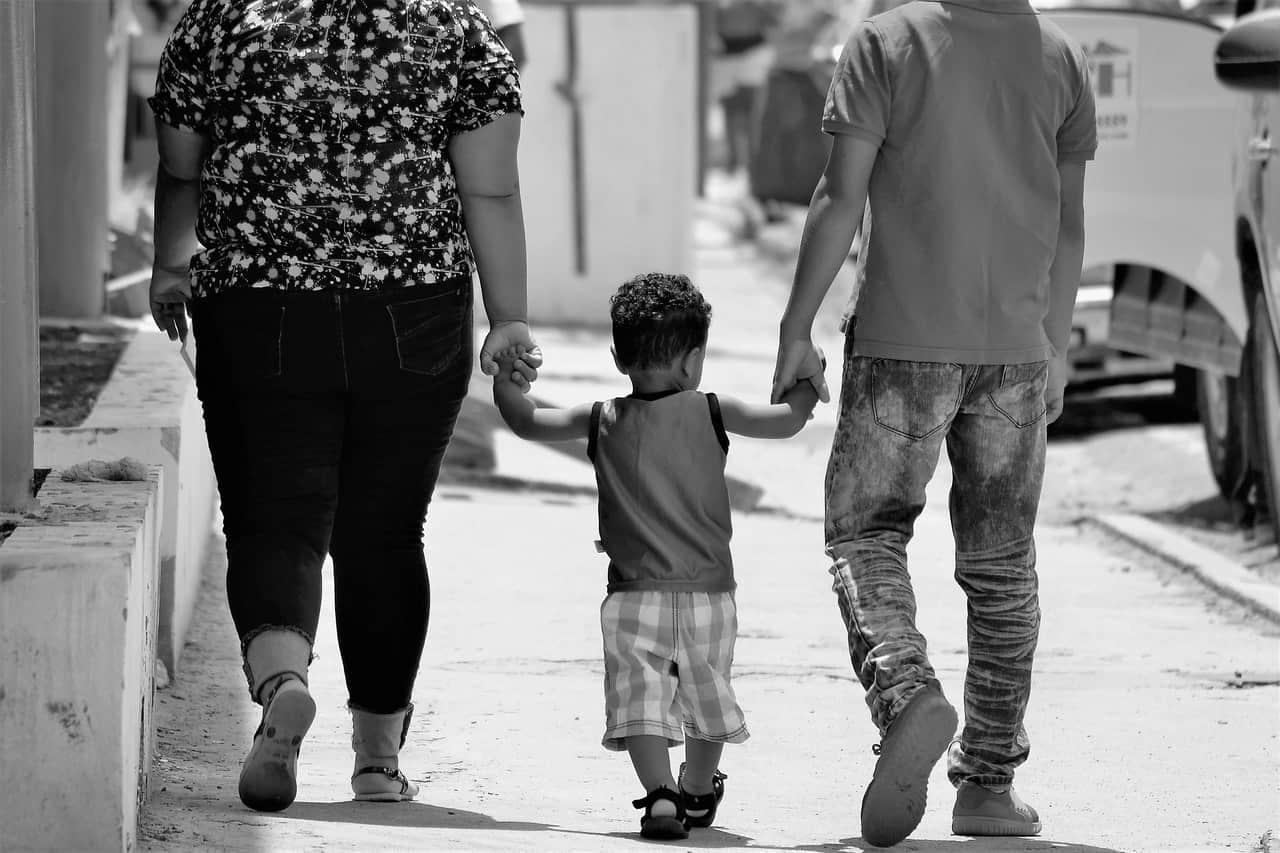If a California court has to decide on child custody during the COVID-19 pandemic, it will do so based on what it believes is best for the child. To establish what is most beneficial for the child, the courts consider various factors, including each parent’s health, the possibility of either parent helping to maintain and nurture the child’s bond with the co-parent, and if the child has special needs.
However, child custody during the COVID-19 pandemic is one thing that is unlikely to have ever been considered. Therefore, many parents wonder now how to maintain child custody and visitation schedule in compliance with COVID-19 regulations. It is best to speak with an experienced child custody attorney in California if you have joint custody of your child and need legal help in protecting your rights as a parent and the health of both your child and yourself.
Parents still need to follow a child custody order as COVID-19 spreads. However, if they feel that a visitation order is no longer in their child’s best interests, they can take steps to protect those interests. If you share custody of a child and want to change or enforce a court order, you should consult an experienced San Luis Obispo child custody attorney about your options.
Our family law attorney at 805 Law Group is committed to helping clients obtain just results in family law disputes and will fiercely advocate on your behalf. Call us now to schedule a consultation with our custody lawyer!
Impact of Covid-19 on California Child Custody During Covid-19 Pandemic
Since March 2020, the Governor of California has issued some orders, including stay-at-home orders, to protect the health of California citizens and minimize the spread of COVID-19. These orders, however, do not allow parents to dismiss the visitation order or child custody arrangements. Parents should continue to abide by such orders instead.
Throughout the pandemic, parties may find it hard to follow family law orders because of health concerns or problems with logistics. They may also be unable to get new orders because the courts may be closed. In such cases, it is recommended that parents try to communicate with each other and reach an agreement. Any agreement has to be in writing and signed in the presence of a child custody attorney.
Parents should talk about their current custody or visitation orders if they are worried about their children’s safety or health, whether they are doable because of the spreading virus in their location, and other required social distancing orders. The parents also need to communicate openly if anyone in their household has COVID-19 symptoms, has tested positive, has been exposed to the virus, or lives with someone at risk.
When this happens, the state tells the parents to collaborate to find a way for both to stay in touch with the child safely.
Legal Protection for Parental Rights
Parents who refuse to comply with family court orders on their own may face substantial legal penalties. If a parent refuses the other parent custody or visitation without a good reason or the other parent’s permission, the parent whose rights are infringed on should keep track of the violations and go to court to seek enforcement.
A parent can also ask for a modification if they think an existing order does not protect their child’s health well enough.
Temporary Modifications in Child Custody During Covid-19 Pandemic
Due to the other parent’s elevated risk of acquiring the coronavirus, some parents have requested a court restrict that parent from having any contact with their child. On this premise, a Florida doctor recently fought a custody battle with her former spouse. During the COVID-19 pandemic, the lower court said the doctor could not see her child, but she won on appeal. As seen in this case, many judges are hesitant to completely prohibit a high-risk parent from visiting their child during the epidemic.
But if a parent does not make reasonable efforts to keep the child safe or acts in a way that puts the child in danger, a court may temporarily cut their parenting time. Each case is different and fact-specific, and family courts have not taken a uniform approach. Some courts need evidence of exceptional danger to the child to seek a modification. Other courts may let the parent with primary residential custody (most time with the child) keep sole physical custody of the child until the shelter-in-place order ends. As with every change in a custody agreement, the court will consider what is best for the child. A judge has a lot of latitude under this flexible standard.
Parents in this circumstance may want to negotiate minimal modifications to parenting time instead of going to court. For example, they might agree to move the time a high-risk parent is supposed to spend with their child to a later date. This would enable the high-risk parent to offset lost time due to the COVID-19 outbreak.
The parents may decide that the child and the high-risk parent should talk on the phone or through Zoom more often. If the parents cannot reach an agreement, they can seek the help of a mediator or a family law attorney. Parents can avoid the stress and uncertainty of asking a court to change how they spend time with their children by making their agreement.
Guidelines for Creating a Parenting Plan
- Communicate with one another. If there are restraining orders preventing parents from communicating, the parents should discuss how they are trying to reduce the danger of the COVID-19 virus infecting their children. Most of the time, a parent cannot deny parenting time to the other parent based on the subjective conviction that the other parent is not protecting the children well enough.
- Do not deprive the other parent of parental time. The virus is not an excuse for denying parental time. Unless a court rules otherwise, parents are presumed fit to take care of their children and make day-to-day parenting decisions.
- Treat the time you spend parenting as though your children attend school as usual. Although schools are closed, parents should continue to spend time with their children as if they were in their school district. Parents should not consider the school closure as their child’s spring or summer vacation. The parenting plan also does not regard it as a “weekend.”
- If necessary, modify your parenting time exchanges. To minimize the chances of the COVID-19 virus spreading, parties should follow public health rules when exchanging children. This might include picking another location with fewer people or lower odds of contamination from surfaces or objects. (For instance, transferring the transaction from inside a restaurant or store to a parking lot.)
- You might need to adjust the parenting time in public places. If a parent or supervisor has COVID-19-related problems, the parents should work together to ensure the visit is safe. For example, the parents could agree on a new adult to supervise the visit. They could also have the visit happen over video or the phone.
- Make up any lost parenting time as a result of the pandemic. Parents should collaborate to arrange makeup parenting time that protects the children’s safety and well-being if a parent is unable to spend time with their child under the current parenting plan due to COVID-19 concerns.
- Options when a parent disobeys the court orders. The Family Court provides child custody mediation and hearings by phone or video if you need to modify a current parenting plan because you and the other parent cannot agree. If you have information that a child’s health or safety is in imminent danger, you may petition the court for emergency orders.
Protect Your Rights and Family During This Time
Navigating the judicial system is challenging enough on its own, but it can be even more difficult when you have to deal with a pandemic and worry about your child’s health. Before making crucial decisions about divorce, child custody arrangements, child support, and other issues, be sure you get the right legal advice.
The 805 Law Group’s divorce attorneys provide aggressive and personalized representation to get you what you deserve. Leave the details of securing custody to us, including mediating agreements and handling any potential custody disputes. Call our experienced San Luis Obispo attorneys right now!


